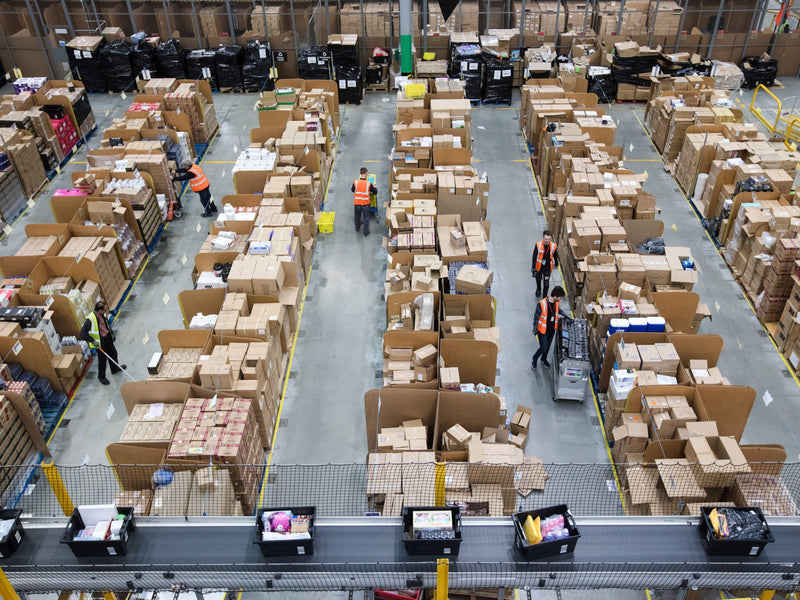Whether you're raising capital, preparing for a sale, or simply trying to scale smarter, commercial due diligence (CDD) is one of the most powerful tools in your strategic playbook.
Often associated with mergers and acquisitions (M&A), CDD is increasingly used by founders, operators, and investors to validate growth plans, uncover blind spots, and make data-led decisions even when there’s no deal on the table.
In this article, we break down what CDD really means and how it can help your DTC or eCommerce business grow with confidence.
What Is Commercial Due Diligence (CDD)?
Commercial due diligence is an in-depth, independent assessment of a business’s market position, customer dynamics, competitive advantages, and growth potential.
In the context of M&A advisory services, it’s used by buyers and investors to validate the commercial logic of an acquisition. But increasingly, businesses are using it proactively to:
-
Evaluate new market opportunities
-
Identify scale blockers
-
Refine go-to-market strategies
-
Benchmark performance vs competitors
-
Uncover hidden risks
In short: CDD gives you the strategic clarity to grow, or sell with confidence.
Key Components of a Commercial Due Diligence Review
A typical CDD review includes:
1. Market & Category Analysis
Size, growth rates, segmentation, and macro trends that affect demand. For DTC brands, this includes digital channel shifts and consumer sentiment trends.
2. Customer Behaviour & Segmentation
How customers find you, buy from you, and return with a deep look at LTV, CAC, churn, and segment-level profitability.
3. Competitive Landscape
How your brand stacks up; pricing, positioning, distribution, marketing activity and whether your competitive moat is defensible.
4. Channel & Performance Analysis
Audit of performance marketing, CRM, retail, wholesale or marketplace efforts and what’s driving new customer acquisition vs. burning budget?
5. Scalability & Risks
Assessment of your business model’s ability to scale, including supply chain, tech stack, margins, and operational dependencies.
When Should You Run Commercial Due Diligence?
CDD isn’t just for investors. It’s a smart move at several key moments in your growth journey:
• Pre-Raise or Pre-Sale
Ensure your narrative is backed by real data before approaching investors or buyers.
• Pre-Expansion
Thinking of launching in a new geography or category? CDD validates the market, customer fit, and competitive risk.
• Post-Plateau
Growth slowed down? A commercial review can help you diagnose why, and what to fix.
• Post-Acquisition
If you’ve acquired a brand or merged with another business, CDD helps map integration opportunities and risks.
Why Founders and Operators Should Care
A great CDD review doesn’t just flag risk, it reveals upside. For founders, it can:
-
Refine your strategic roadmap
-
Strengthen investor pitch decks
-
Uncover profit leaks
-
Support pricing and channel strategy
-
Highlight areas for operational efficiency
Best of all, it gives you the same strategic edge that private equity investors and M&A advisors rely on (but on your terms).
Final Thought: Build (and Sell) Smarter with CDD
You don’t need to be in a deal process to benefit from commercial due diligence. Whether you're scaling, pivoting, or planning an exit, a well-run CDD project can sharpen your strategy and unlock hidden value.
Considering a strategic review or preparing for investment?
We run commercial due diligence on behalf of investors and now offer the same service to founders and operators looking to grow or exit smarter.



